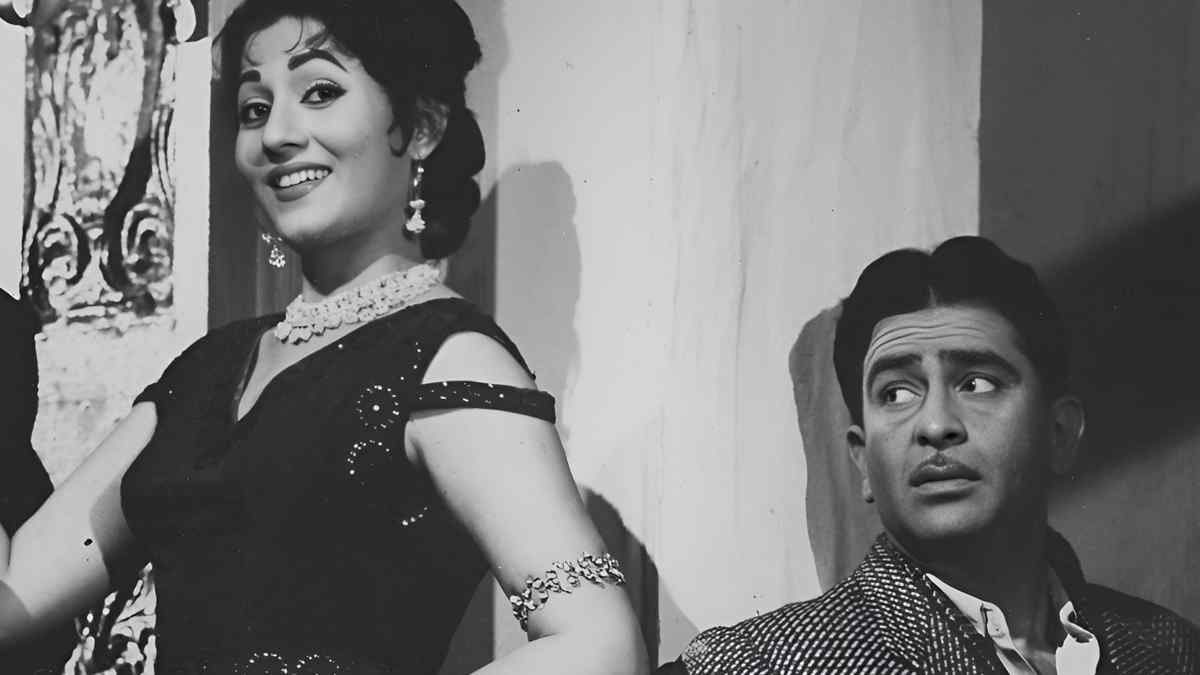Even before he grew up to become Indian cinema’s iconic showman Raj Kapoor, the adolescence of Raj was one of rebellion and restlessness. Raj, as an inquisitive and reckless teenager, troubled his father, the great Prithviraj Kapoor, with his interests in the city’s red-light district and his lack of interest in studies. It was a period that tried the patience of his father, who was lost himself about how to punish or counsel his son.
It was at this pivotal point that director Kidar Sharma entered Raj’s life as mentor and guardian. In a candid ancient interview with Prasar Bharti, Sharma described how he came to be involved with Raj for the first time. “Prithviraj Kapoor, my friend, was greatly disturbed with his son. He said to me, ‘My son has reached his teens, and he wants to learn everything about birds and bees.”. He has dropped studies, and he’s getting very uncontrollable. I can’t raise my hand on him, I don’t know what to do.’ I said to him, ‘Leave the boy with me; I will put him in order like a schoolmaster.’
Raj Kapoor joined Sharma’s film crew as a third assistant, a job that consisted of doing menial things such as carrying the clapboard. But even in that minor role, his vanity was evident. Sharma remembered how often Raj would pick up the camera lens and use it as a mirror rather than working. Sharma finally lost his cool after being warned several times and slapped Raj on the face. “My Punjabi blood was boiling,” he said. To Sharma’s surprise, Raj didn’t fight back or flee — he smiled and walked away.
Also Read: Kareena Kapoor Khan’s emotional tribute to Raj Kapoor will leave you tear-eyed
The very next day, Sharma noticed something in Raj that made him turn around. Seeing the boy’s actual talent was in acting and not behind the camera, Sharma proposed to give the lead role to him in Neel Kamal. He even advanced Raj ₹5,000. Overwhelmed with the gesture, Raj cried and said to Sharma, “Don’t you know, kindness hurts most? Why are you being so kind to me? I am useless, I will spoil your film and you.”
Sharma pacified him and inquired whom he desired as his heroine. Raj whispered to him that he desired a beautiful one — namely, the young daughter of a Pathaan — Madhubala. Although only 13 at the time, she was taken on, and the beginning of a cinematic timelessness was created.

